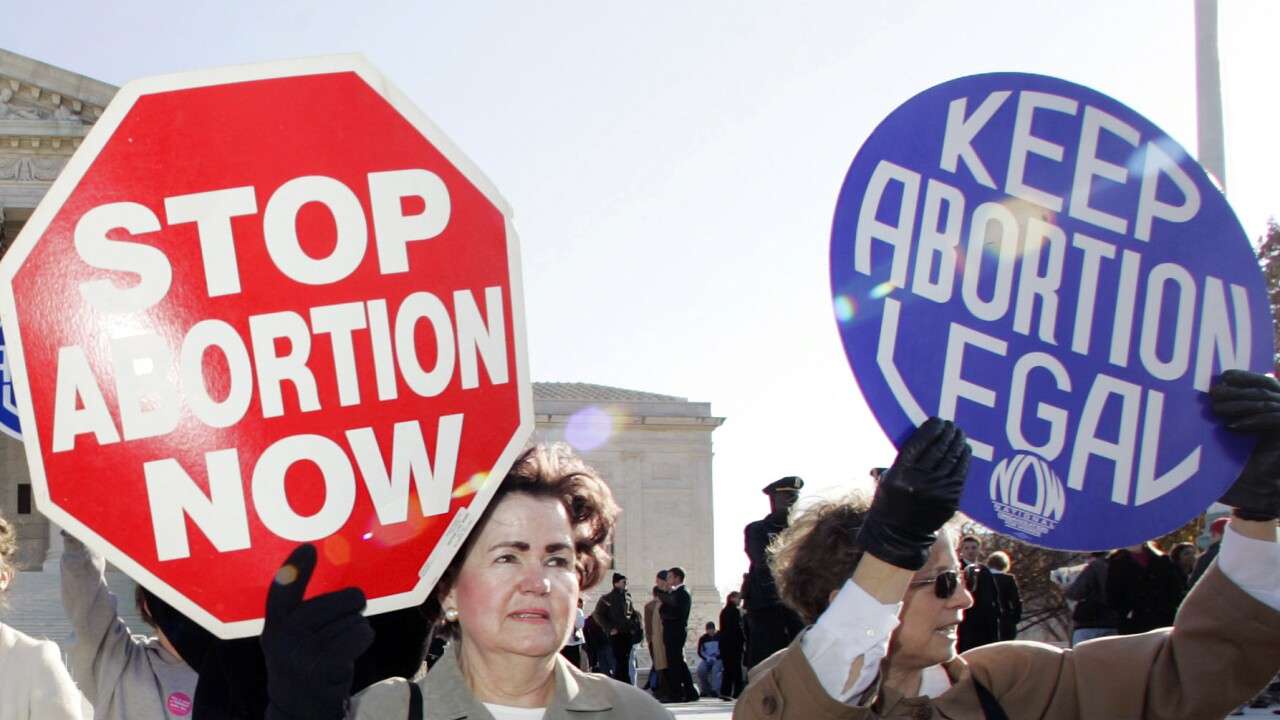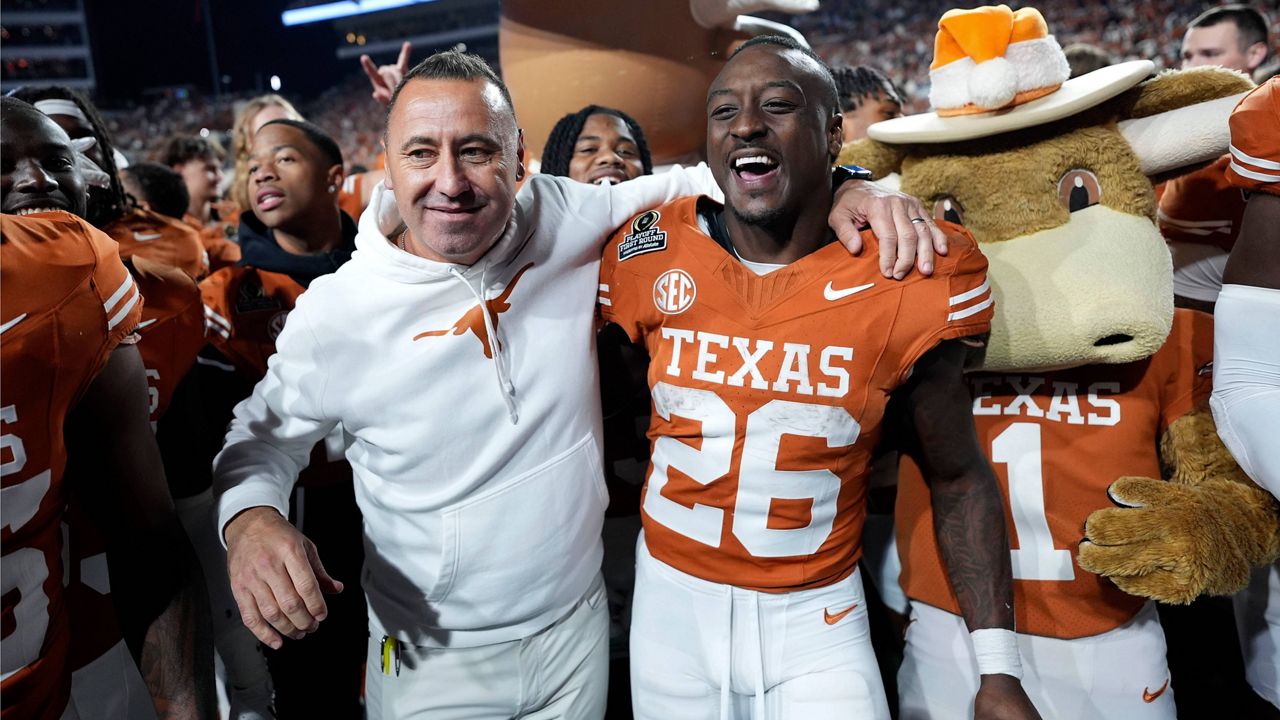Travel
Federal Court Rules Laws Restricting Interstate Travel for Abortion Violate the Right to Travel


As Eugene Volokh notes, yesterday, in Yellowhammer Fund v. Attorney General, a federal district court invalidated an Alabama law criminalizing assisting or facilitating the procurement of an out-of-state abortion by an Alabama resident. Eugene’s post focuses mostly on the First Amendment part of the ruling. I will focus on the right to travel.
In Dobbs v. Jackson Women’s Health Organization the Supreme Court’s decision overturning Roe v. Wade, the Court left open the issue of whether states could punish residents who seek abortions in other states. However, in a concurring opinion, Justice Brett Kavanaugh wrote that this is question is “not especially difficult,” and that the answer is “no” because such laws violate “the constitutional right to interstate travel.”
Federal District Judge Myron Thompson, author of yesterday’s ruling clearly agrees. Here’s an excerpt from his reasoning:
Considering the right to travel in the context of Article IV’s Privileges and Immunities Clause confirms that the right includes both the right to move physically between the States and to do what is legal in the destination State. The Clause was meant to create a “general citizenship,” 3 J. Story, Commentaries on the Constitution of the United States, 3:674-75, § 1800 (1833), and “place the citizens of each State upon the same footing with citizens of other States.” Paul v. Virginia, 75 U.S. 168, 180 (1868)…. When individuals do travel into another State, the Clause ensures that they lose both “the peculiar privileges conferred by their [home State’s] laws” as well as “the disabilities of alienage.” Id. The Clause “insures to [citizens] in other States the same freedom possessed by the citizens of those States in the acquisition and
enjoyment of property and in the pursuit of happiness.” Id. at 180-81. These goals are incompatible with a right to travel that would allow one’s home State to inhibit a traveler’s liberty to enjoy the opportunities lawfully available in another State….
Similarly, the Supreme Court has explained that the Privileges and Immunities Clause “plainly and unmistakably secures and protects the right of a citizen of one State to pass into any other State of the Union for the purpose of engaging in lawful commerce, trade, or business without molestation.” Ward v. State, 79 U.S. 418, 430 (1870)…
The Attorney General’s characterization of the right to travel as merely a right to move physically between the States contravenes history, precedent, and common sense. Travel isvaluable precisely because it allows us to pursue opportunities available elsewhere. “If our bodies can move among states, but our freedom of action is tied to our place of origin, then the ‘right to travel’ becomes a hollow shell.” Seth F. Kreimer, Lines in the Sand: The Importance of Borders in American Federalism, 150 U. Pa. L. Rev. 973, 1007 (2002). Indeed, the Attorney General’s theory of the right to travel, which would allow each State to force its residents to carry its laws on their backs as they travel, “amount[s] to nothing more than the right to have the physical environment of the states of one’s choosing pass before one’s eyes.” Laurence H. Tribe, Saenz Sans Prophecy: Does the Privileges or Immunities Revival Portend the Future—or Reveal the Structure of the Present?, 113 Harv. L. Rev. 110, 152 (1999). Such a constrained conception of the right to travel would erode the privileges of national citizenship and is inconsistent with the Constitution….
I agree and would add that the contrary view has drastic implications that go far beyond abortion. It would allow states to criminalize travel for virtually any purpose that is forbidden or restricted within their jurisdiction, but legal in another state. For example, some states ban marijuana, while others do not. But that doesn’t give a state the power to punish citizens who travel to another state to use weed. The same goes for sports gambling, legal in 38 states, but still forbidden in 12. If a Californian (resident of one of the states that still ban the practice) decides to cross into Arizona to place a bet on his favorite team, California doesn’t have the right to punish him for it.
Judge Thompson also effectively refutes the argument that the Alabama law is constitutional because it doesn’t directly punish women who travel to get abortions, but only targets those who assist them in doing so (in this case a charity that helps poor women get abortions):
Supreme Court precedent demonstrates that, when a State creates barriers to travel itself, “the constitutional right of interstate travel is virtually unqualified,” Haig v. Agee, 453 U.S. 280, 307 (1981), and even the slightest burdens on travel are generally not tolerated. For this reason, travel restrictions directed toward those who facilitate travel for others can offend the Constitution. Exemplifying both points is Crandall v. Nevada, which produced the Supreme Court’s first majority opinion on the right to travel. 73 U.S. 35 (1867). At issue was a Nevada statute that imposed a one-dollar tax per passenger on common carriers leaving the State. The Court held that the tax was an unconstitutional burden on the passengers’ right to travel, even though the tax was merely one dollar and even though it applied only when someone relied on a common carrier for transportation….
Likewise, in Edwards v. California, the Supreme Court struck down a California law that made it a crime to bring or assist in bringing into the State any indigent person who was not a California resident. 314 U.S. 160 (1941). Thus, the California law subjected only those who assisted others in travel to criminal liability. The Court nonetheless determined that the law violated indigent people’s right to travel….
Denying—through criminal prosecution–assistance to the plaintiffs’ clients, many of whom are financially vulnerable, is a greater burden on travel than the one-dollar tax per passenger in Crandall, and it is precisely what was held unconstitutional in Edwards. The Attorney General argues that Crandall and Edwards are distinguishable because the travel restrictions at issue in those cases operated categorically, regardless of the reasons for which people were traveling. Again, however, the right to travel includes the right to do what is lawful in another State while traveling, so restrictions that prohibit travel for specific out-of-state conduct are unconstitutional just as those that impede travel generally are. There is no end-run around the right to travel that would allow States to burden travel selectively and in a patchwork fashion based on whether they approve or disapprove of lawful conduct that their residents wish to engage in outside their borders.
I think Judge Thompson is right on this point, as well. And I would add this issue unique to the right to travel. In other contexts too, the Constitution bars laws punishing people who assist in or facilitate the exercise of a constitutional right, as well as the immediate rights-holders themselves. For example, the Free Speech Clause of the First Amendment surely bars laws that punish people who publish and distribute speech, as well as the actual speakers. In Griswold v. Connecticut, the Supreme Court struck down a Connecticut law that barred the sale and distribution of contraceptives, not merely their use.
In the aftermath of Dobbs, interstate travel to get abortions has been a major factor limiting the impact of laws severely restricting abortion enacted by many red states. It’s a major reason why the number of abortions has actually risen slightly since Dobbs, instead of declining. It also helps explain why few people have “voted with their feet” to move to pro-choice states since Dobbs. Interstate travel to get an abortion is a less costly alternative form of foot voting for many women. “Mail order” abortions using drugs such as mifepristone are also a factor here.
That does not mean that severe abortion restrictions have no effect. Having to travel out of state is costlier and more time-consuming for many women than in-state options would be. And there are certainly some who simply cannot or will not undertake the necessary travel. But the interstate option has nonetheless greatly reduced the effects of Dobbs.
This ruling will almost certainly be appealed. But, ultimately, I expect Alabama will continue to lose. Judge Thompson’s reasoning is strong. And Justice Kavanaugh’s concurring opinion is a strong signal there is no majority on the Supreme Court for upholding these kinds of laws.
In a 2022 post, I outlined how state laws banning interstate travel to get an abortion might also be unconstitutional on two other grounds: the Dormant Commerce Clause and lack of state authority to regulate activity outside its borders. Judge Thompson does not address these issues, presumably because he didn’t need to do so, given that he already decided to rule against Alabama on other grounds.









